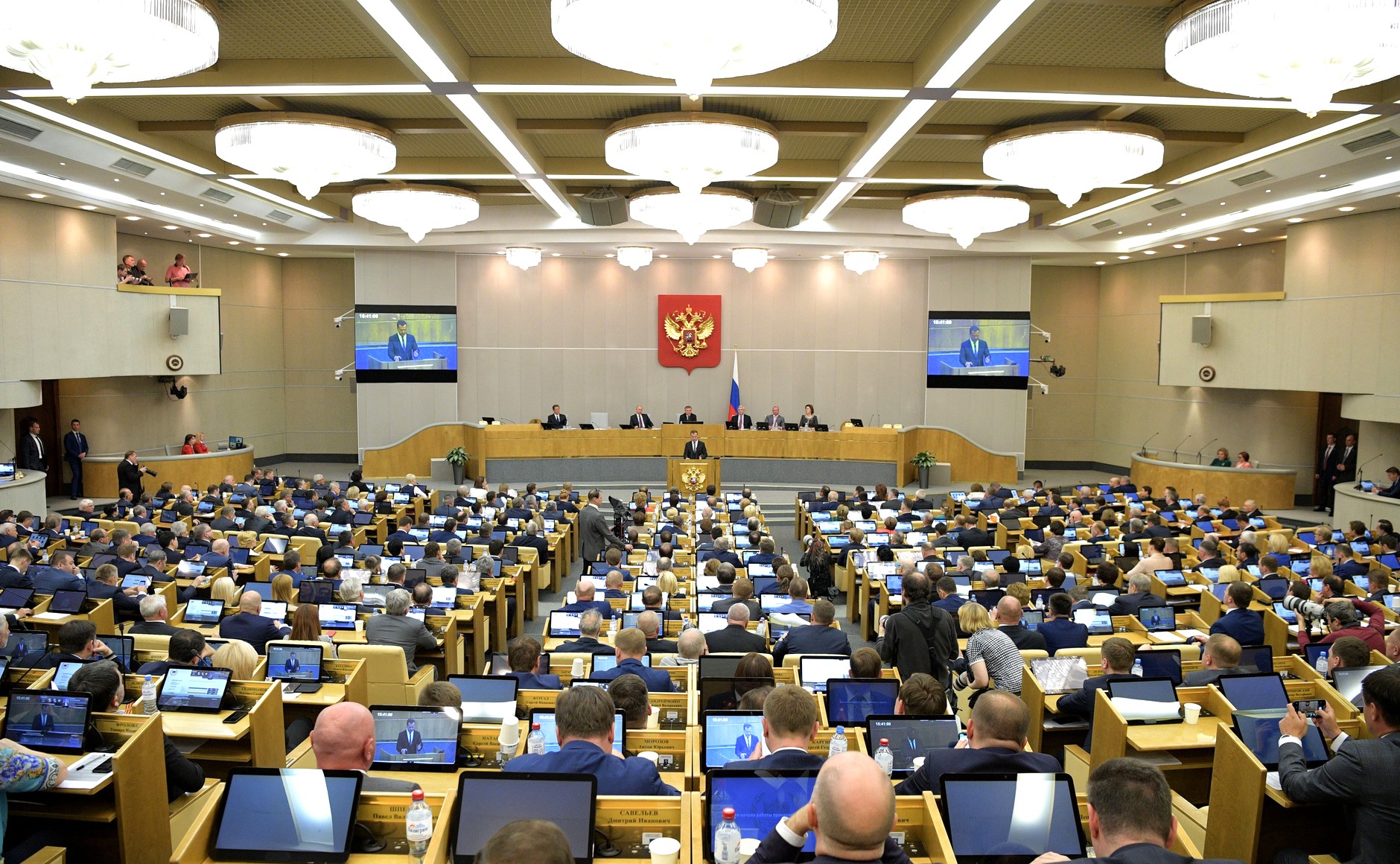By FRF Team
The new bill on local self-governance in Russia, which is currently under review at the second
reading in the State Duma, was introduced on December 16, 2021–almost two months before
Russia started a full-fledged war against Ukraine. The sponsors of the bill are pro-Kremlin United
Russia party deputies Pavel Krasheninnikov and Andrei Klishas, authors of several other
antidemocratic laws.
The bill was first introduced in 2020, around the same time as Putin’s government was pushing
through the illegal Constitutional amendments and aims to replace the existing federal law on
local self-governance adopted in 2003. The new law envisions two major changes:
- governors are empowered to single-handedly appoint mayors and unilaterally remove
them from office; - rural and urban settlements are abolished, and local government is transitioned to a
single-level system. By 2028, these administrative units are to be merged with the city or
municipal districts within the borders of the current municipal localities.
Putin’s regime justifies these changes as a way to increase self-governance efficiency by
consolidating financial, organizational, personnel and other resources.
The bill has been met with resistance in the State Duma, especially by the members of the
Communist and Just Russia parties. Following the first reading, 700 amendments were
submitted. The review is still ongoing, and the second reading was moved to the Duma’s fall
2022 session.
According to some Russian political experts, the new law will essentially deprive the Russians
living in small urban areas of political power. Others point out that the law will simply reflect
the existing political realities on the ground—that is, the fact that residents of small
municipalities and rural areas do not possess real political power anyway.


